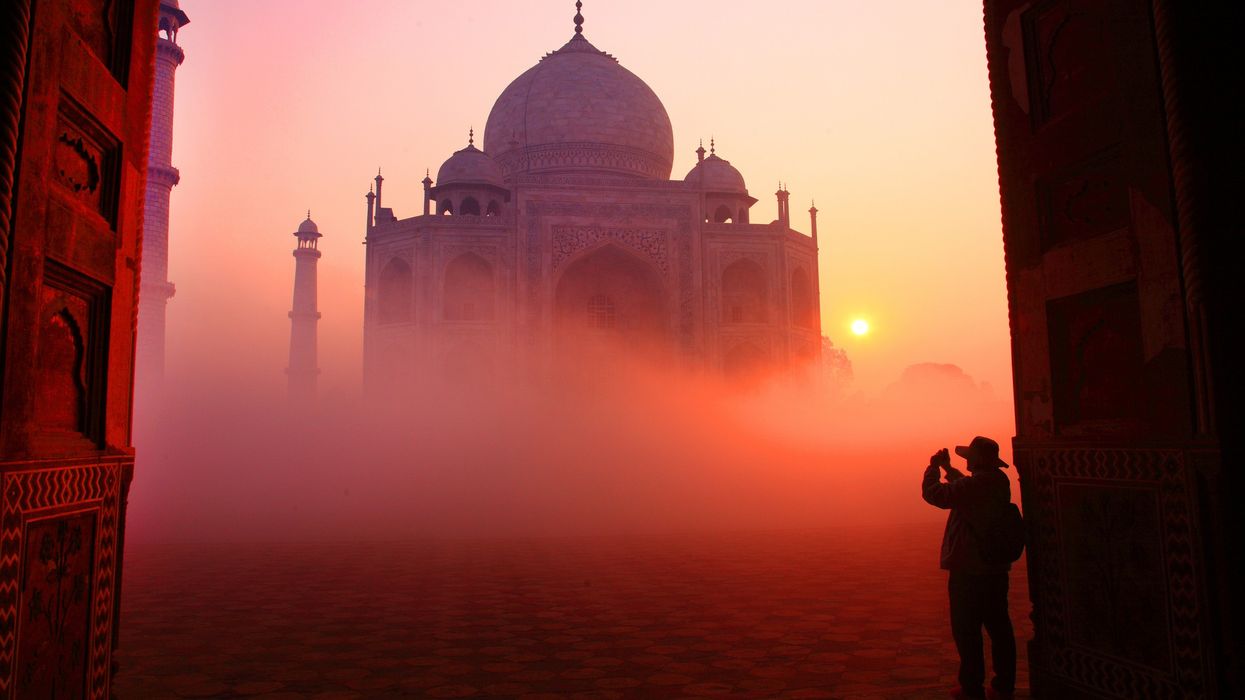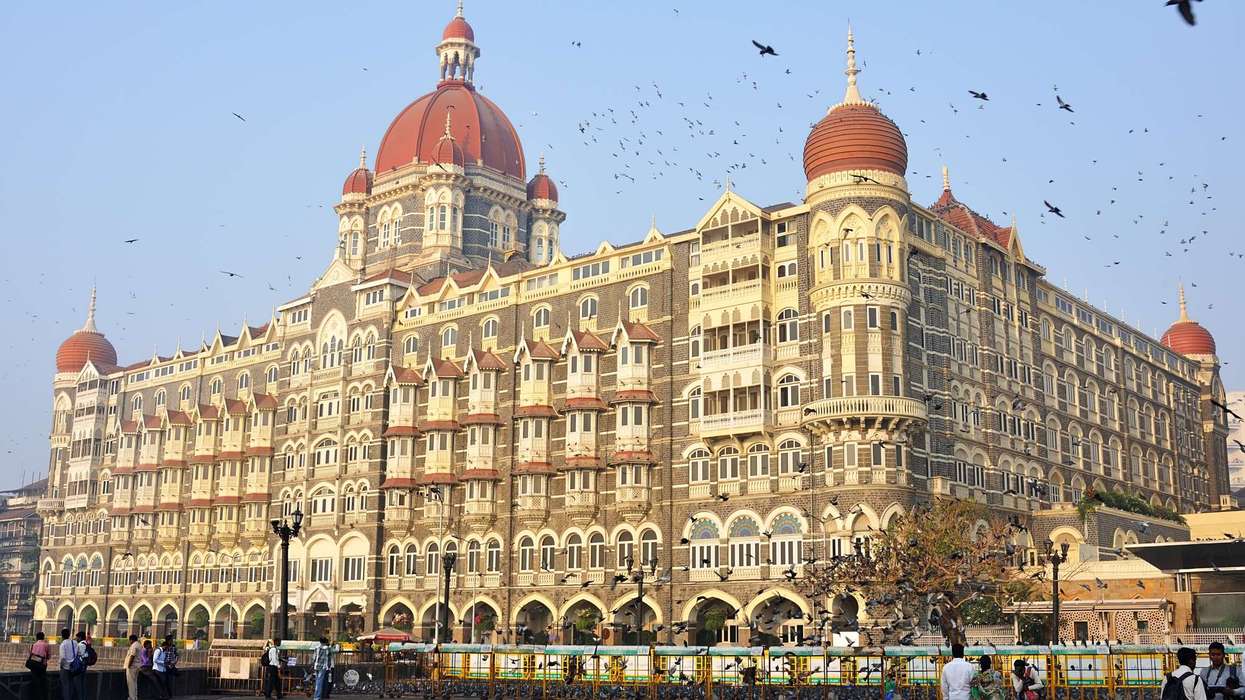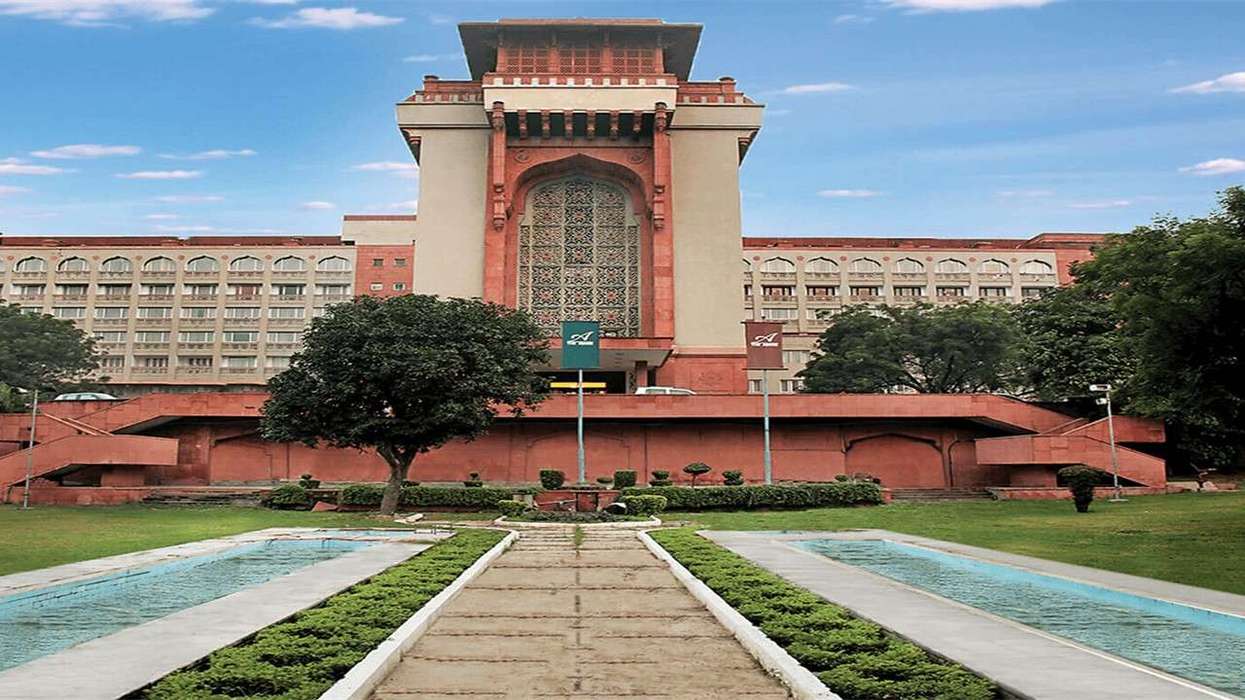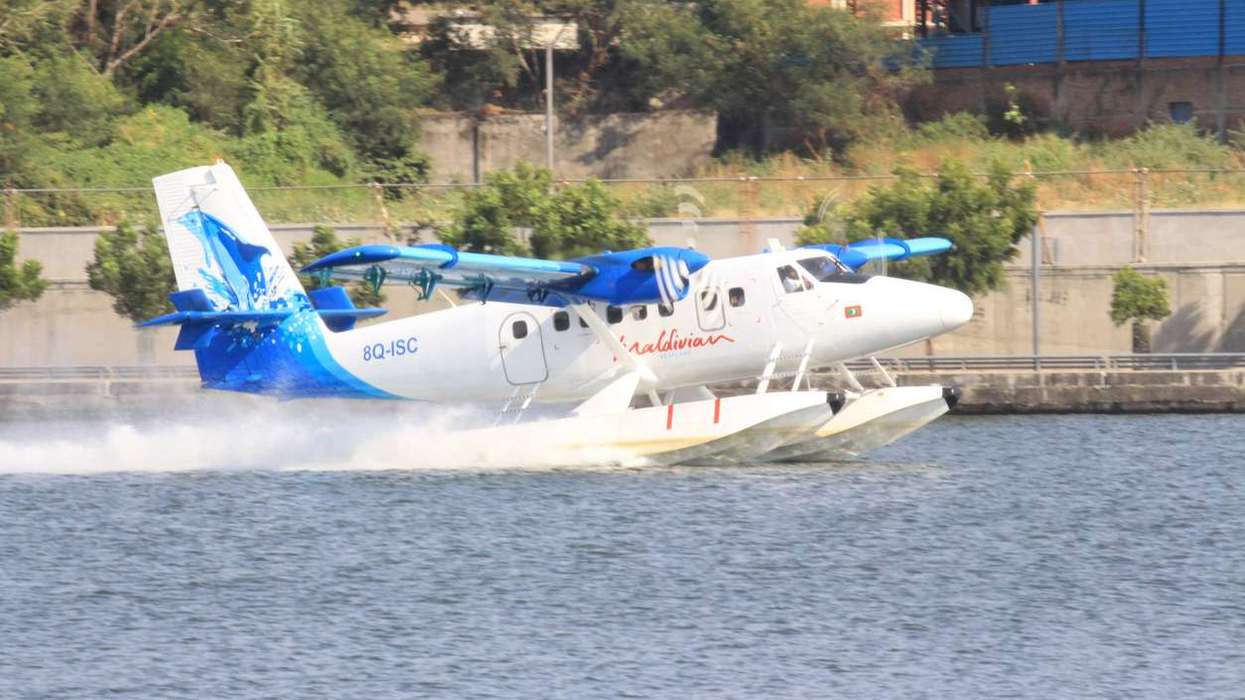MORE WEALTH AMONG 1.5 billion people in India is driving a surge in new travelers with increased disposable income, creating significant demand for hotel rooms across the subcontinent, according to HotStats. This demand spans all asset classes, making it both easier and more challenging for developers and operators to determine what to build and operate.
HotStats' latest blog reveals that India’s hospitality sector is poised for growth due to its expanding economy, population and market performance.
“India mirrors China’s growth from 20 years ago, but a key difference emerged when India recently surpassed China as the world’s most populous nation,” wrote Tareq Bagaeen, HotStats’ senior consultant. “While China’s population is set to drop below one billion in the coming decades, India will continue growing, reaching 1.7 billion in 30 years. With a growing economy and strong market performance, India’s hospitality sector is primed for growth.”
India is closing the gap with Germany and Japan, achieving three consecutive years of 7 percent-plus GDP growth. The country is on track to become the world's third-largest economy, behind only the U.S. and China. However, India’s GDP per capita ranks 136th, significantly lower than the U.S., at 6th, and China, at 69th.
While India’s growth may not be immediately obvious, HotStats notes that, excluding the Maldives from South Asia's figures shows India outpacing its neighbors. The Maldives shows virtually no growth from 2023 to 2024.
Bagaeen stated that streamlining bureaucracies, improving financial transparency, and tightening policies will further stabilize this growth.
“The next 3-4 years look promising for hotel development and market performance, barring any global catastrophe,” he wrote.
In India, all segments are rising, not just groups, HotStats reported.
“With new inventory being rapidly developed, what’s the most lucrative hotel type to invest in? While luxury hotels lead, the gap compared to full-service hotels in 2024 is only 3 percent, much smaller than in other strong markets, which have seen gaps of 25 percent,” Bagaeen noted.
The article also pointed out rising expenses, with payroll per available room in South Asia up 4.7 percent over the past 12 months. Despite this, labor costs in India remain low compared to other Asian regions.
Over the last 24 months, India’s growth has been driven by rate increases as occupancy peaked. However, Bagaeen cautioned that this growth may not be sustainable, as rate ceilings will eventually be reached, as seen in Singapore and the Maldives in 2024.
Last week, India-based Oravel Stays, the parent company of the global travel technology company OYO, agreed to purchase G6 Hospitality, franchiser for the economy Motel 6 and Studio 6 brands, for $525 million from Blackstone Real Estate. The all-cash transaction is expected to close in the fourth quarter, subject to customary closing conditions.






